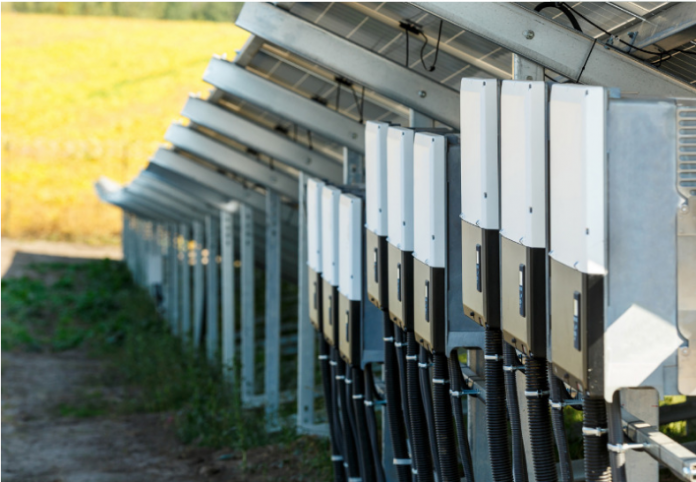The Ministry of New and Renewable Energy (MNRE) has issued a fresh notification extending the self-certification of solar photovoltaic (PV) inverters from June 30, 2021, to December 31, 2021, subject to the condition that the manufacturers have valid International Electrotechnical Commission certificates and test reports from international test labs.
Earlier in January 2021, the MNRE had issued a notification extending the self-certification of solar PV inverters from December 31, 2020, to June 30, 2021.
The government had issued the ‘Solar PV Systems, Devices, and Components Goods Order, 2017’ for the requirements of compulsory registration with six products included in the schedule on September 5, 2017. After discussions with various stakeholders, including the Bureau of Indian Standards, the order was extended to April 16, 2018.
Since the notification was released on September 5, 2017, the deadline has been extended several times. The date was extended to September 20, 2019, which was later extended to June 30, 2019. There have been two more extensions, first until June 30, 2020, and then until December 31, 2020.
The Solar Energy Federation, Power Products Manufacturers and Traders Association, and Industries had conveyed to the Ministry the difficulties relating to certification due to the Covid-19 pandemic, high testing fee, and limited testing facilities for testing up to 150 kW capacity inverters and had sought more time for compliance.
Many stakeholders believe that the whole process is time-consuming. High testing fees and the availability of testing facilities are some of the impediments to the smooth implementation of the certification process. MNRE has been trying to simplify and clear the air about implementing the certification process. But things seem to be moving very slowly, and there is a sense of skepticism among the manufacturers.
Additionally, the unreasonable costs of testing, absence of series guidelines, and confusion regarding MNRE notifications were some other issues that have made the compliance of the order difficult. Lack of test labs and their testing capabilities are other areas of concern. The lack of testing facilities in the country has made it impossible for inverters suppliers to get their products certified within the deadline. The lab at the Central Power Research Institute (CPRI) for testing inverters doesn’t have enough qualified manpower at present and is lined up with test requests.
Deadline for BIS Certification of Solar Inverters Extended to December 31, 2021
The deadline has been extended multiple times since the order was passed in 2017
Source:MERCOM
ViaRahul Nair






